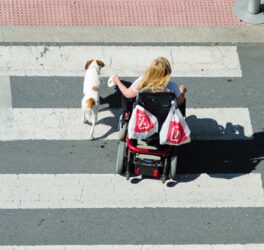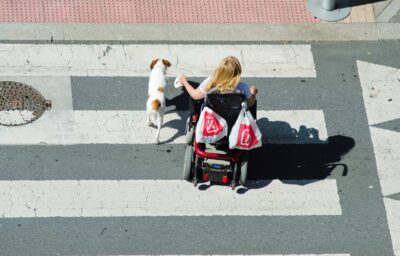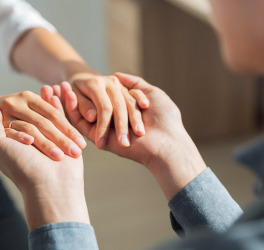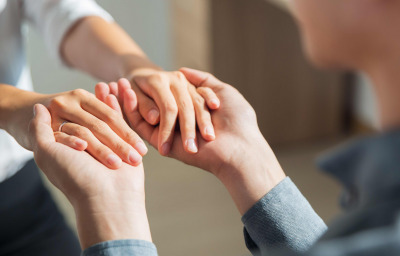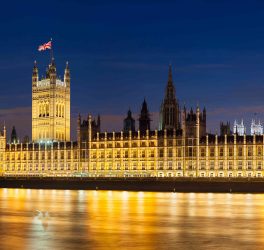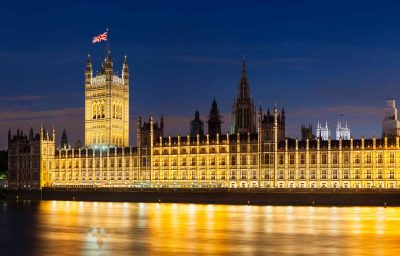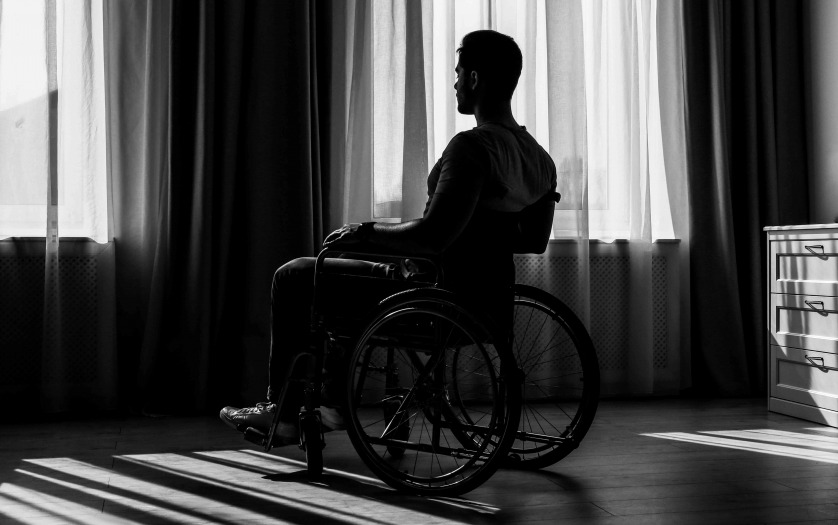
The COVID-19 pandemic has had a disproportionately adverse impact on people with disabilities as per data being reported on COVID deaths. What is also emerging is that even within the disabled community, women with disabilities are facing the worst.
Disabled women in UK who identify as “limited a lot” are 3.2 times more likely to die of the virus than non-disabled women, while disabled men in the same category are 2.5 times more likely to be killed by COVID-19, according to data from the Office for National Statistics (ONS).
As the UK grapples to manage the crisis amid fears of a second wave across Europe, charities have said that disabled people are being discriminated against, leaving them vulnerable to the virus, according to a news report.
According to the ONS, “limited a lot” signifies someone “usually needing regular, continuing support from family members, friends or personal social services for a number of normal daily activities”.
When fully adjusted for factors such as occupation, region, area deprivation and socio-economic position, the data found that “limited a lot” disabled women are still 2.4 times more likely to die of coronavirus than non-disabled women, and “limited a lot” disabled men are 1.9 times more likely to die than non-disabled men.
The data also showed that 30.3% of COVID-19 deaths in England and Wales were disabled people in the “limited a lot” category and 28.9% were disabled people in the “limited a little” category between 2 March and 15 May.
Disabled people make up 16% of the working adult population, and 45% of adults over state pension age. They are more likely to live in poverty: 19% of families with at least on disabled member live in relative income poverty, compared to 15% of families with no disabled members.
There is wider evidence to suggest disabled people are not getting sufficient support during the pandemic.
According to the Greater Manchester Disabled People’s Panel Big Disability Survey, 76% of the 677 people surveyed said they were dissatisfied with the help provided by the government.

